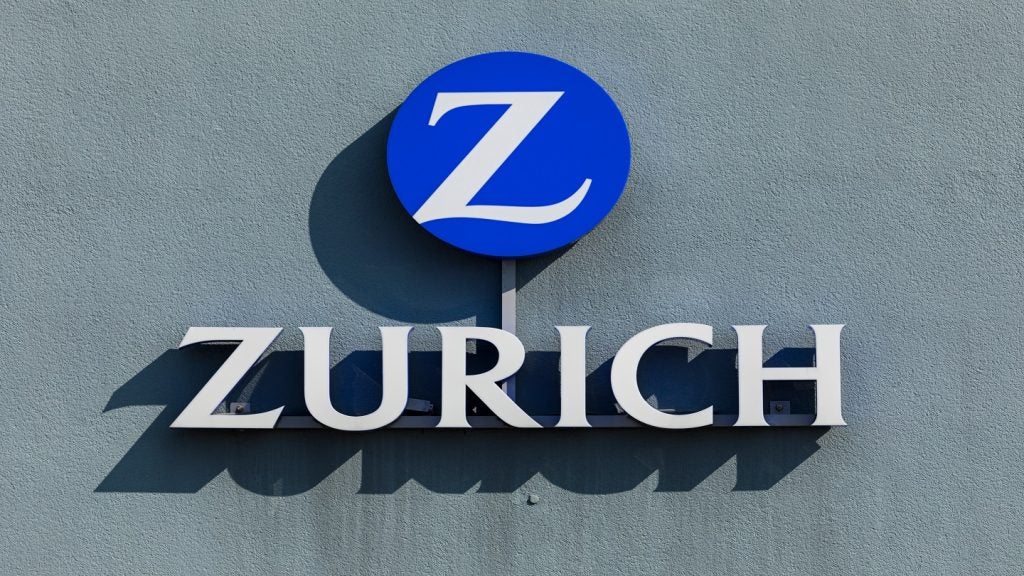The latest review of auto-enrolment proposes lowering the eligibility age limit from 22 to 18 and removing the lower earnings limit, meaning contributions will be higher, according to GlobalData Financial Services.
More changes are coming to auto-enrolment in mid-2020, according to the Department for Work & Pensions’ Automatic Enrolment Review 2017: Maintaining the Momentum report published on December 18, 2017.
The direction for auto-enrolment is already clear up to 2019. All businesses with more than one employee are now required to be compliant, with new employers set up between April 2012 and September 2017 needing to offer auto-enrolment by February 2018.
In April 2018, minimum contributions will rise from the current 2% (employer and employee both contribute 1%) to 5% (employer contributes 2% and employee 3%), and again in April 2019 to 8% (employer contributes 3% and employee 5%).
A review highlighting proposals that may occur after this is therefore beneficial for employers to ensure they have plenty of time to understand, prepare for, and implement any enhancements to the scheme.
The most notable proposal from the review is that the age limit at which individuals will be auto-enrolled will reduce from 22 to 18. This will mean more younger individuals would be saving towards a pension.
There are just over 4 million 18–22 year olds in the UK who could potentially benefit from auto-enrolment, according to the Office for National Statistics, although they must be earning over £10,000 to be eligible.
The lower earnings limit will also be removed. Currently only earnings over £5,876 are pensionable, but the proposal is that pension contributions will instead be calculated from the first pound earned, meaning the 8% contribution would be of higher monetary value. Individuals would therefore be saving more, and this is expected to generate an extra £2.6bn in contributions.
Pressure om employer profits
While it is good for consumers’ savings that more will be eligible for auto-enrolment and contributions will be higher, it must also be noted that employer profits will be under even greater stress if these proposals are implemented.
The review states that contributions of 8% come 2019 would still only be half the level of savings needed to deliver adequate retirement incomes for most individuals. While there are no more proposed rises in the review, it is expected to be likely in future. However, this will put further strain on employers, and additionally individuals’ income, which may lead them to opt-out and not save at all.
The review wants to inhibit individuals opting out by increasing engagement with saving for retirement. It aims to give individuals more personal ownership over their savings, and better understanding of what they can do to maximize this. This is important over the next two years to reduce opting out as minimum contribution rates increase.
The review also proposes to test how those who are self-employed or working in non-traditional forms of work (such as the gig economy) can be encouraged to save for retirement.
Proposals will make labor more expensive, and with pressure growing on employers some may move towards providing non-traditional contracts of employment to reduce their responsibility for providing pensions. There needs to be a balance between encouraging saving for retirement and not pushing employers’ profits too far.








